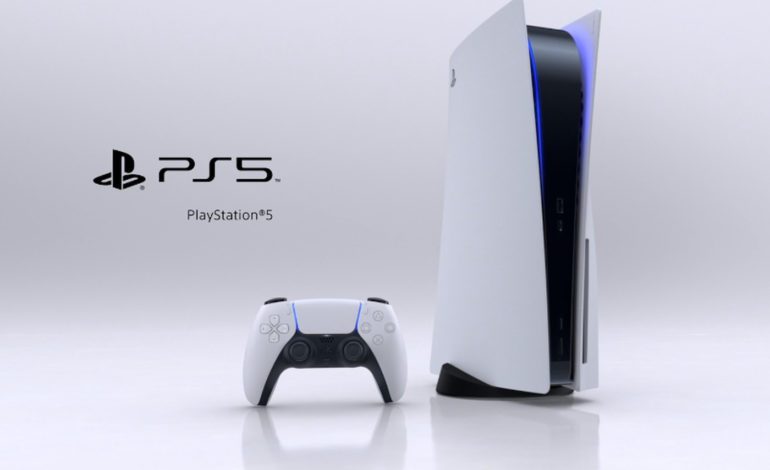

According to Bloomberg, Sony is roughly doubling its PlayStation 5 production – from an estimated 5-6 million units by Spring 2021 to 10 million by the end of 2020. This decision was likely triggered by the newly created demand for at-home entertainment that the COVID-19 pandemic has caused. While there still isn’t a firm release date, the most likely outcome is a Holiday 2020 release. However, despite their aims to double production, logistical issues may prevent Sony from getting all PS5s on shelves before 2021.
“A large proportion of Sony’s consoles are made in China and sent out via sea around the world,” writes Takashi Mochizuki for Bloomberg. “It takes months for shipments to travel from China to the U.S. and Europe via ocean lines, and Nintendo Co. earlier this year had trouble refilling stock of its popular Switch console for this reason.”
Comparing the new manufacturing goal to the PS4’s 7.5 million, that’s a 33% increase in volume, and a full 2.5 million units more. The increased production demand may also be stemming from the recent automation of one of Sony’s Japan-based production plants, which is currently able to produce two PS4 consoles every minute. Sony will also be making a greater number of DualSense controllers to keep up with the increased production scale, having previously told suppliers they would require 10 million units.
The PS5’s higher material cost will also likely translate into a higher MSRP for consumers, with just the SSD and the RAM for the system costing $250 combined. Bloomberg reports an estimated cost of $450 to produce a single PlayStation 5. Prices on the system hover around $499 USD for the Digital Edition and $549 USD for the disc-compatible version. These prices beget a difficult question: the world is facing one of the worst periods of economic uncertainty it has in years – with pay cuts and layoffs happening every day. Are consumers currently prepared to spend around that much on a console, and then the full $60 price tag on games, assuming that price doesn’t go up? Only time will tell.
Play games, take surveys and take advantage of special offers to help support mxdwn. Every dollar helps keep the content you love coming every single day.

